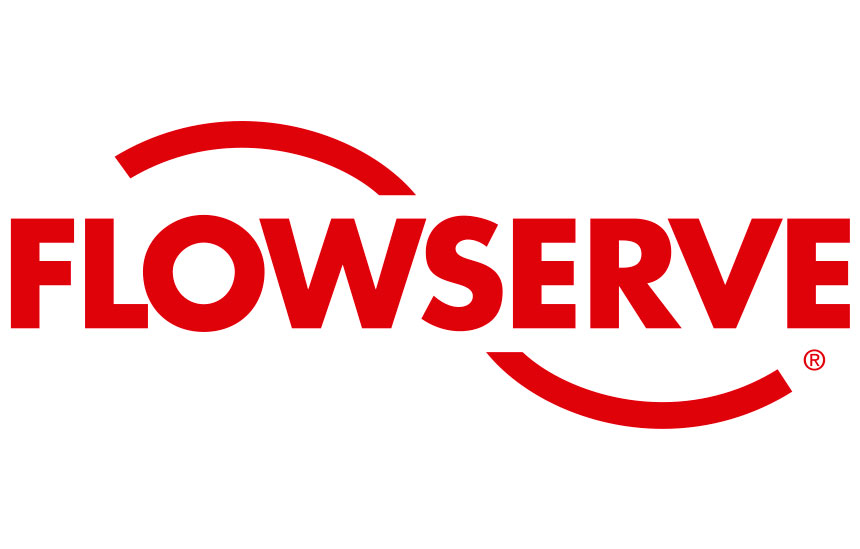- Enhances Flowserve’s severe service portfolio targeting key growth sectors in mining, mineral extraction and process industries
- Demonstrates company’s commitment to value-creating, inorganic growth through a disciplined capital allocation approach
DALLAS–(BUSINESS WIRE)– Flowserve Corporation (“Flowserve”) (NYSE: FLS), a leading provider of flow control products and services for the global infrastructure markets, today announced that it has completed the acquisition of MOGAS Industries (“MOGAS”). This transaction helps strengthen Flowserve’s presence in mission-critical severe service valves and associated aftermarket services.
“We welcome the MOGAS team to Flowserve and look forward to leveraging our industry-leading scale to expand the MOGAS severe service portfolio and aftermarket services to customers around the world,” said Scott Rowe, President and CEO of Flowserve. “This acquisition accelerates growth under our 3D strategy and enhances our valve aftermarket business with MOGAS’ large installed base.”
Flowserve intends to fully integrate MOGAS into its Flow Control Division segment.
As previously disclosed, Flowserve used cash to fund the transaction’s purchase price of approximately $305 million including the potential earnout.
About Flowserve
Flowserve Corp. is one of the world’s leading providers of fluid motion and control products and services. Operating in more than 50 countries, Flowserve produces engineered and industrial pumps, seals and valves as well as a range of related flow management services. More information about Flowserve can be obtained by visiting Flowserve’s Web site at www.flowserve.com.
Safe Harbor Statement : This news release includes forward-looking statements within the meaning of Section 27A of the Securities Act of 1933 and Section 21E of the Securities Exchange Act of 1934, which are made pursuant to the safe harbor provisions of the Private Securities Litigation Reform Act of 1995, as amended. Words or phrases such as, “may,” “should,” “expects,” “could,” “intends,” “plans,” “anticipates,” “estimates,” “believes,” “forecasts,” “predicts” or other similar expressions are intended to identify forward-looking statements, which include, without limitation, earnings forecasts, statements relating to our business strategy and statements of expectations, beliefs, future plans and strategies and anticipated developments concerning our industry, business, operations and financial performance and condition.

